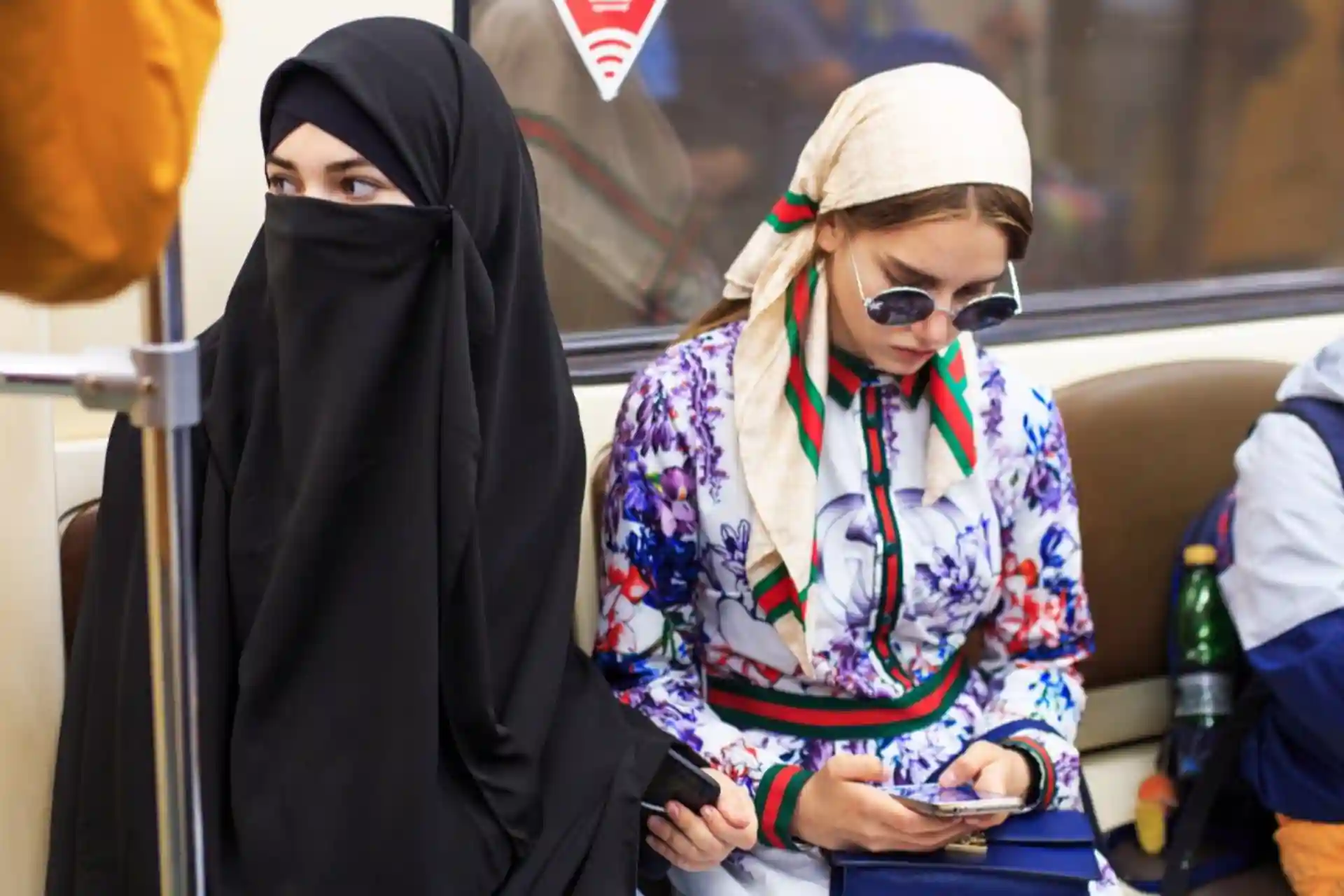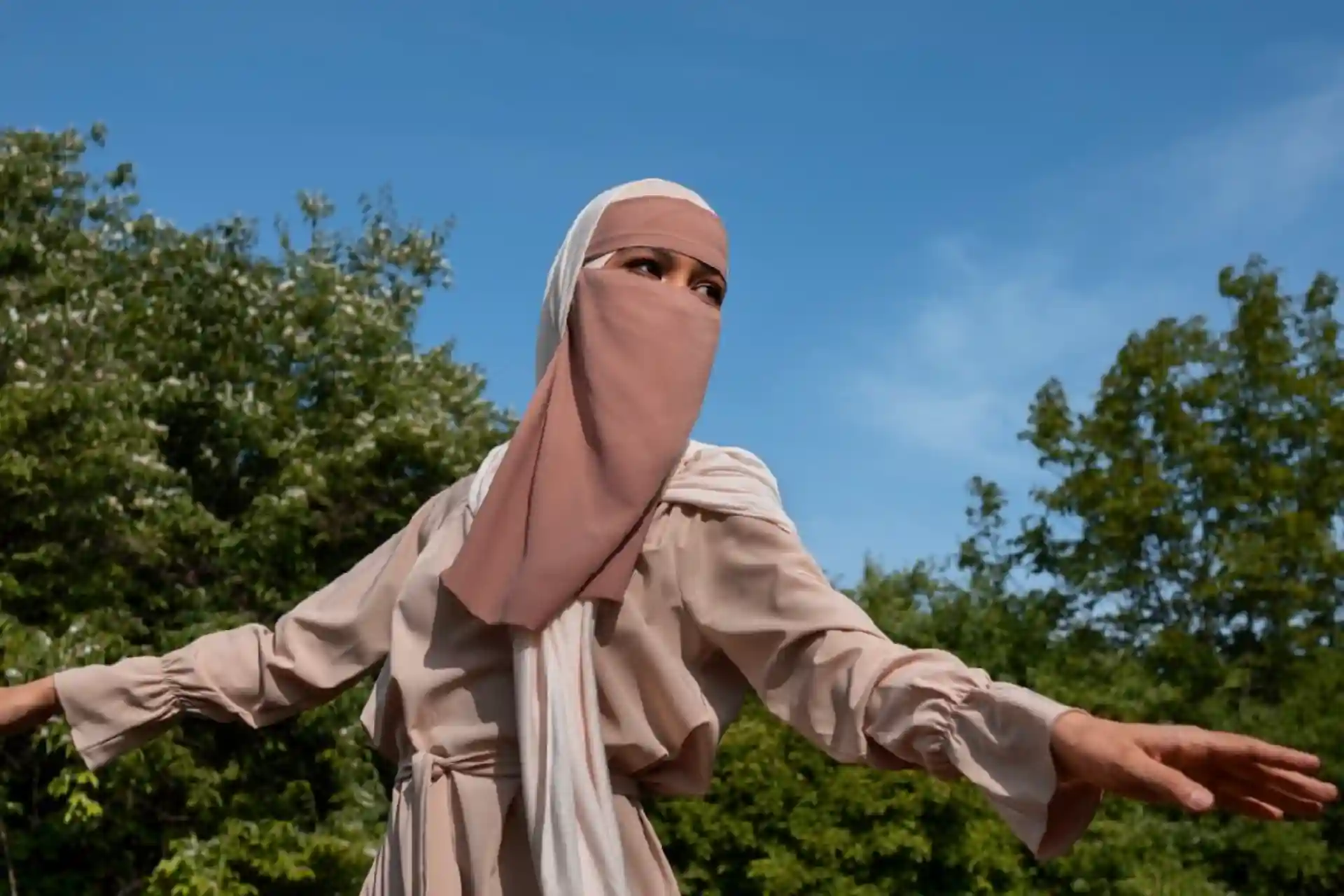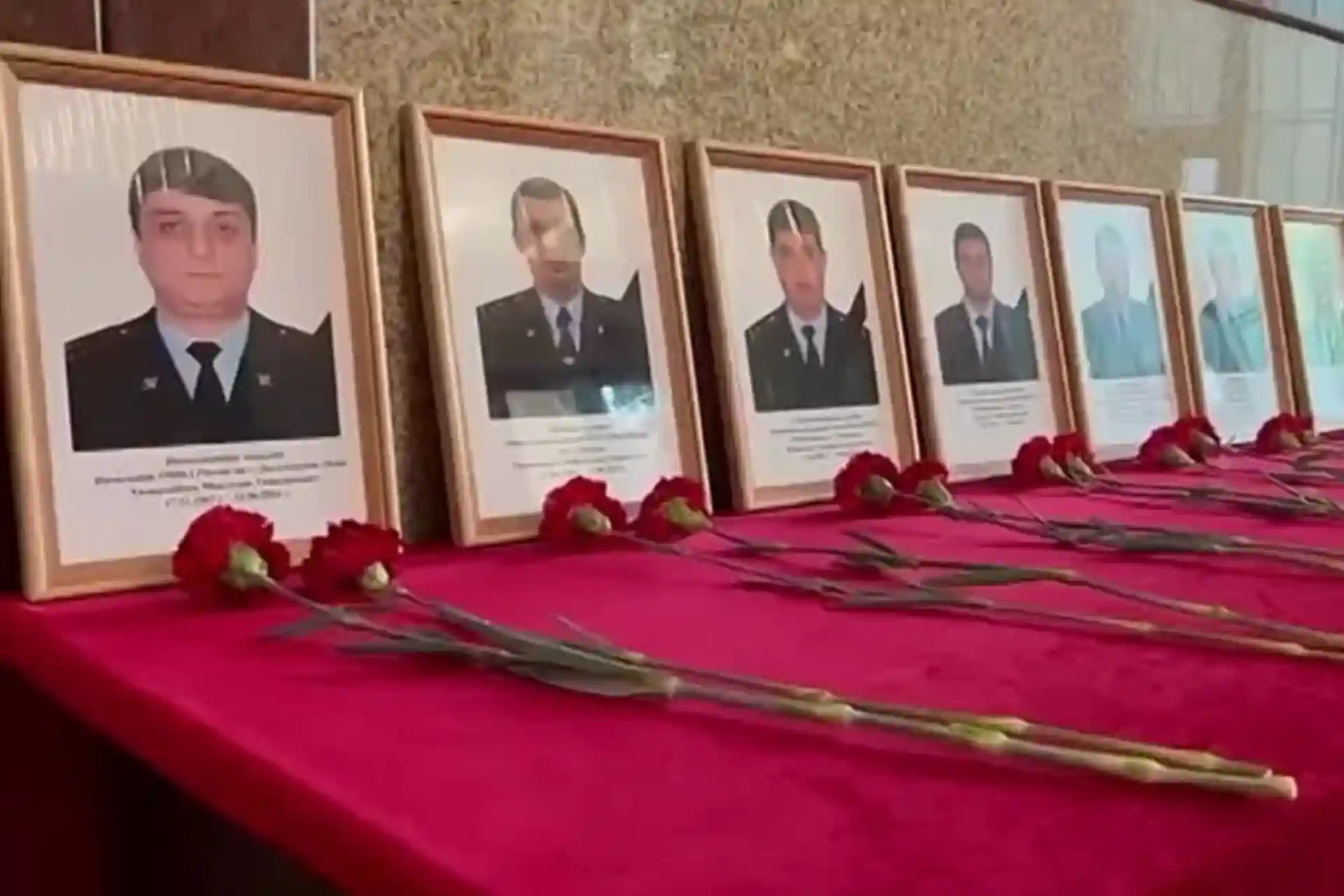The mufti of Dagestan has "temporarily" banned the niqab
The Mufti of Dagestan banned the niqab " temporarily ".
The fatwa department of the mufti of Dagestan issued a fatwa on the temporary ban on the veil. According to him, the ban is due to threats to the security of the republic's population, and it will be in effect until these threats are eliminated and a "new fatwa" is issued. Earlier, the mufti of Dagestan announced that it could not find sufficient Islamic grounds to ban the niqab altogether, but allowed a "local ban" on the wearing of traditional clothing.
The fatwa department of the mufti of the Republic of Dagestan on Wednesday temporarily banned the wearing of the niqab for its followers until a "new religious conclusion".
"Relying on the appeal of the Ministry of National Politics and Religious Affairs about the existence of threats to the security of the population of the republic, the mufti announces that the identified threats will be eliminated and the wearing of the niqab will be temporarily prohibited until a new fatwa," the religious office said in a statement.
Earlier on Tuesday, Dagestan's mufti announced that it could not find sufficient Islamic grounds to ban the niqab altogether, but allowed a "local ban" on the wearing of traditional clothing.
"There is a difference between the scholars of the four sects regarding the obligation of wearing the niqab. According to some scholars, wearing a niqab is obligatory, according to others it is only permissible, and according to some, it is completely unacceptable," the mufti of the region said on Tuesday.
The topic of banning the niqab in Dagestan was raised on Monday by the Mufti of Dagestan, Ahmad Abdullaev, who announced a fatwa banning the niqab and called on "women to stay at home."
It should be noted that, unlike the republics of Tatarstan, Bashkortostan, Adygea, etc., which follow the Hanafi legal school (madhab), in them the niqab is not a mandatory religious attribute of clothing, and in Dagestan, where the Shafi legal school is widespread, the niqab prevails.
From the point of view of Russian law, the religious decrees (fatwas) of muftis, including regional decisions, do not have legal force, but they are respected among many Muslim believers in the country.



